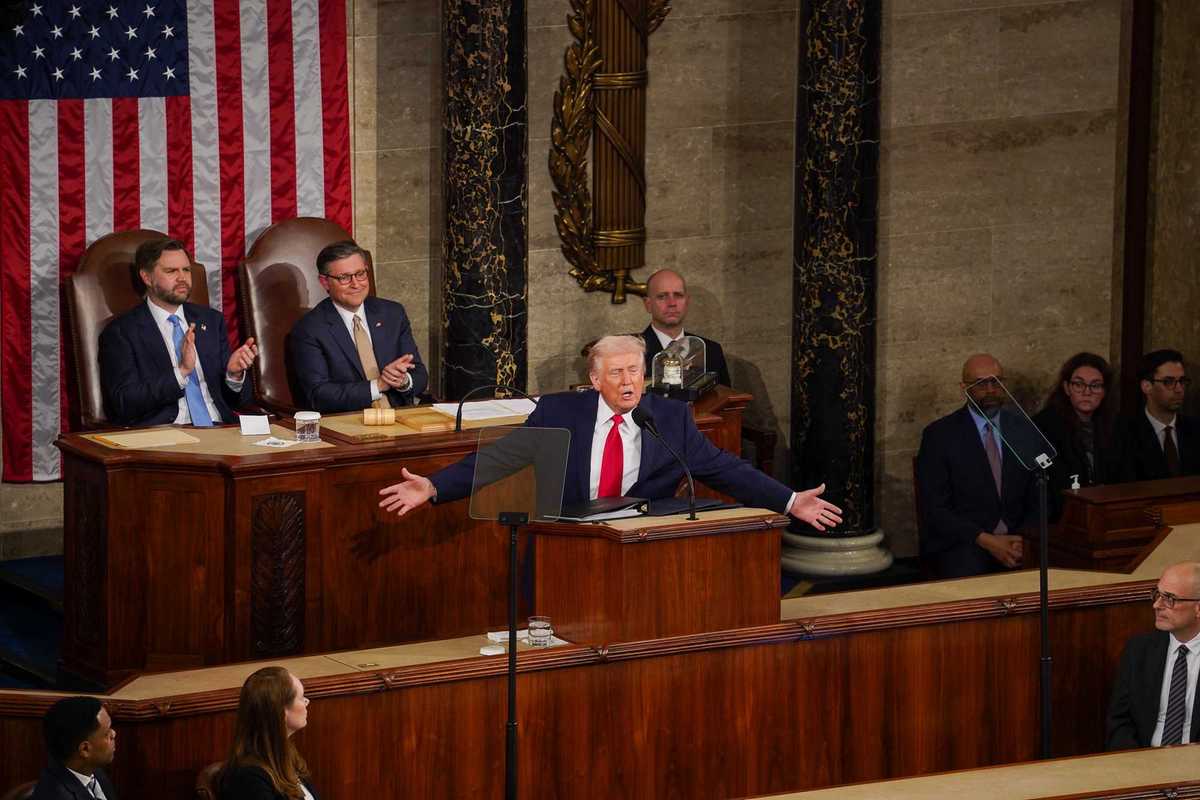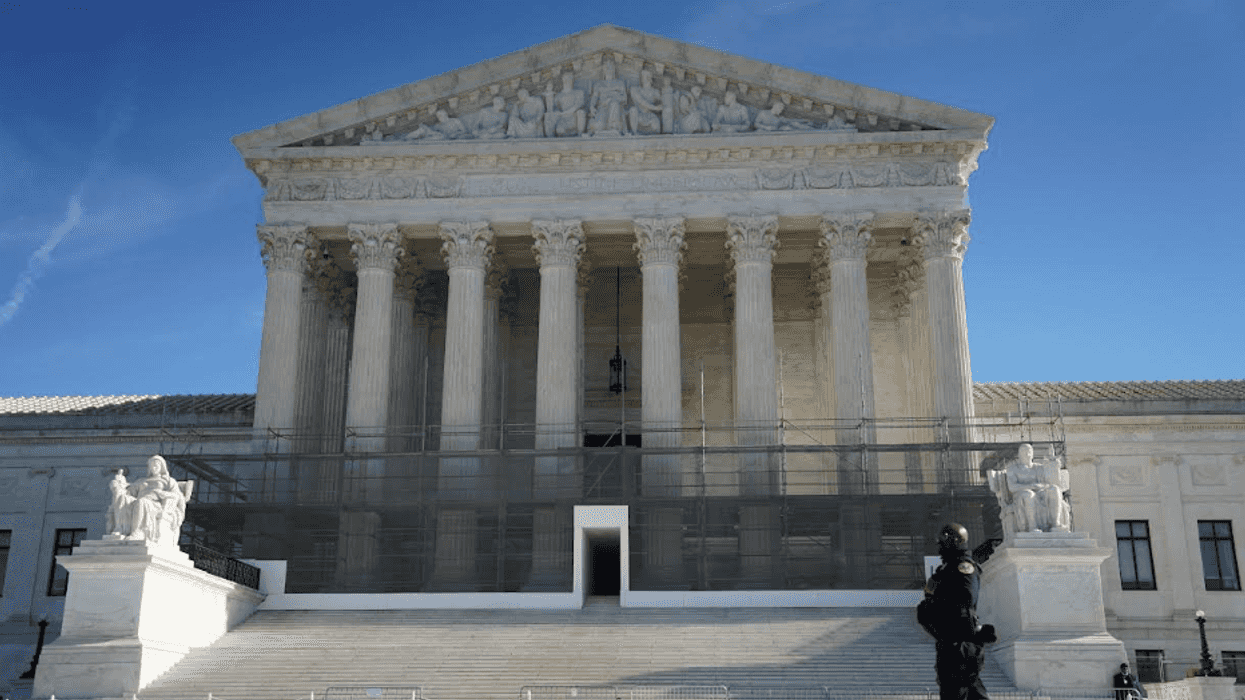The sixth day of escalating tensions between Iran and Israel saw a stark warning from Iran’s Supreme Leader Ayatollah Ali Khamenei, who declared on social media: “The battle begins.” This came shortly after President Donald Trump referred to Khamenei as an “easy target” and stated that America’s “patience is wearing thin,” demanding Iran’s “unconditional surrender.”
The president cut short his trip at the Group of Seven summit in Canada, citing the ongoing conflict between Israel and Iran.
Trump appears increasingly inclined to utilize US military assets against Iranian nuclear sites, moving away from diplomatic solutions to the conflict, according to two officials speaking with CNN. This aggressive stance marks a notable shift in Trump’s strategy, although he remains open to diplomacy, contingent on Iranian concessions.
Analysts note that Trump’s next steps could redefine the conflict and expose divisions within his Republican base.
One faction aligns with his “America First” doctrine, prioritizing domestic concerns over foreign intervention. Another supports a more aggressive neoconservative approach, including military action to influence regime change.
These opposing views are reflected among Trump’s advisers, with confidants like Vice President JD Vance advocating for restraint in U.S. involvement.
Public opinion in the United States leans heavily against direct military action in Iran, with a preference for diplomatic solutions.
According to The Economist/YouGov poll:
- A significant majority, 60%, oppose US military involvement in the conflict between Israel and Iran.
- Only 16% support US military involvement.
- Even among Republicans, 53% oppose US military intervention.
- Majorities across political parties (Democrats, Independents, and Republicans) favor negotiations over Iran's nuclear program, with 56% of all Americans supporting these talks.
President Donald Trump campaigned for re-election, vowing to bring a swift end to the wars in Gaza and Ukraine. However, he is now facing the reality of another major escalation.
Despite publicly urging Israel to refrain from striking Iran, in favor of focusing instead on securing a deal to limit Iran’s nuclear program -Trump's efforts fell short.
Hugo Balta is the executive editor of the Fulcrum and the publisher of the Latino News Network.




















